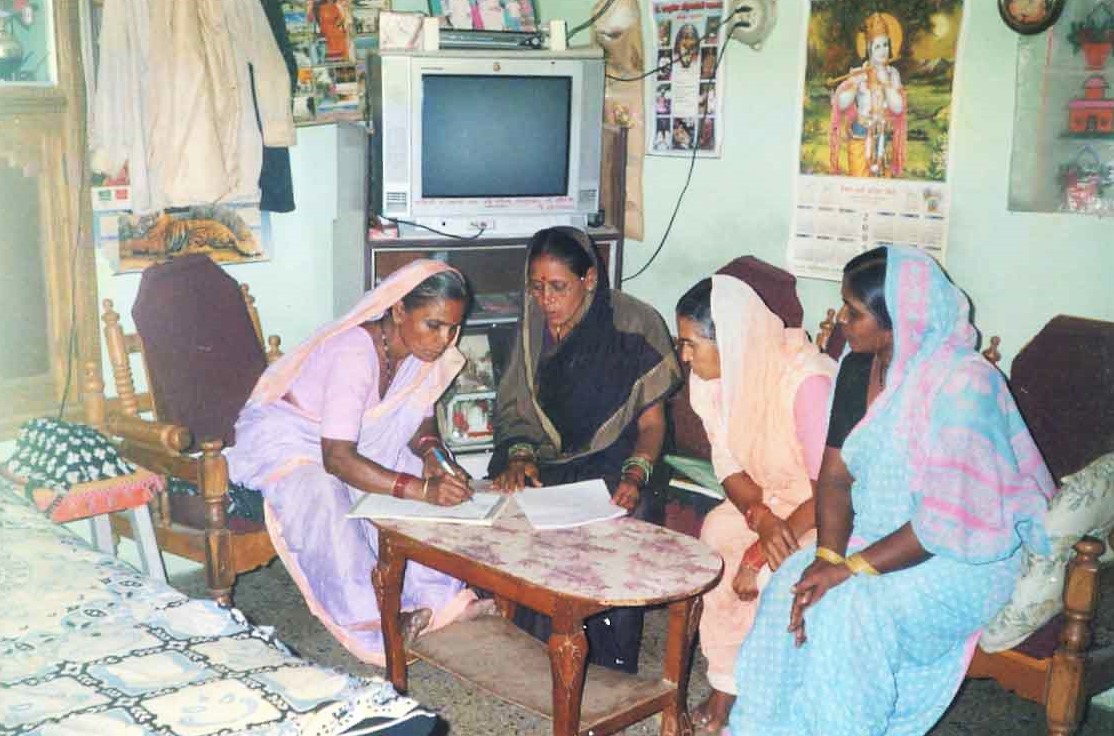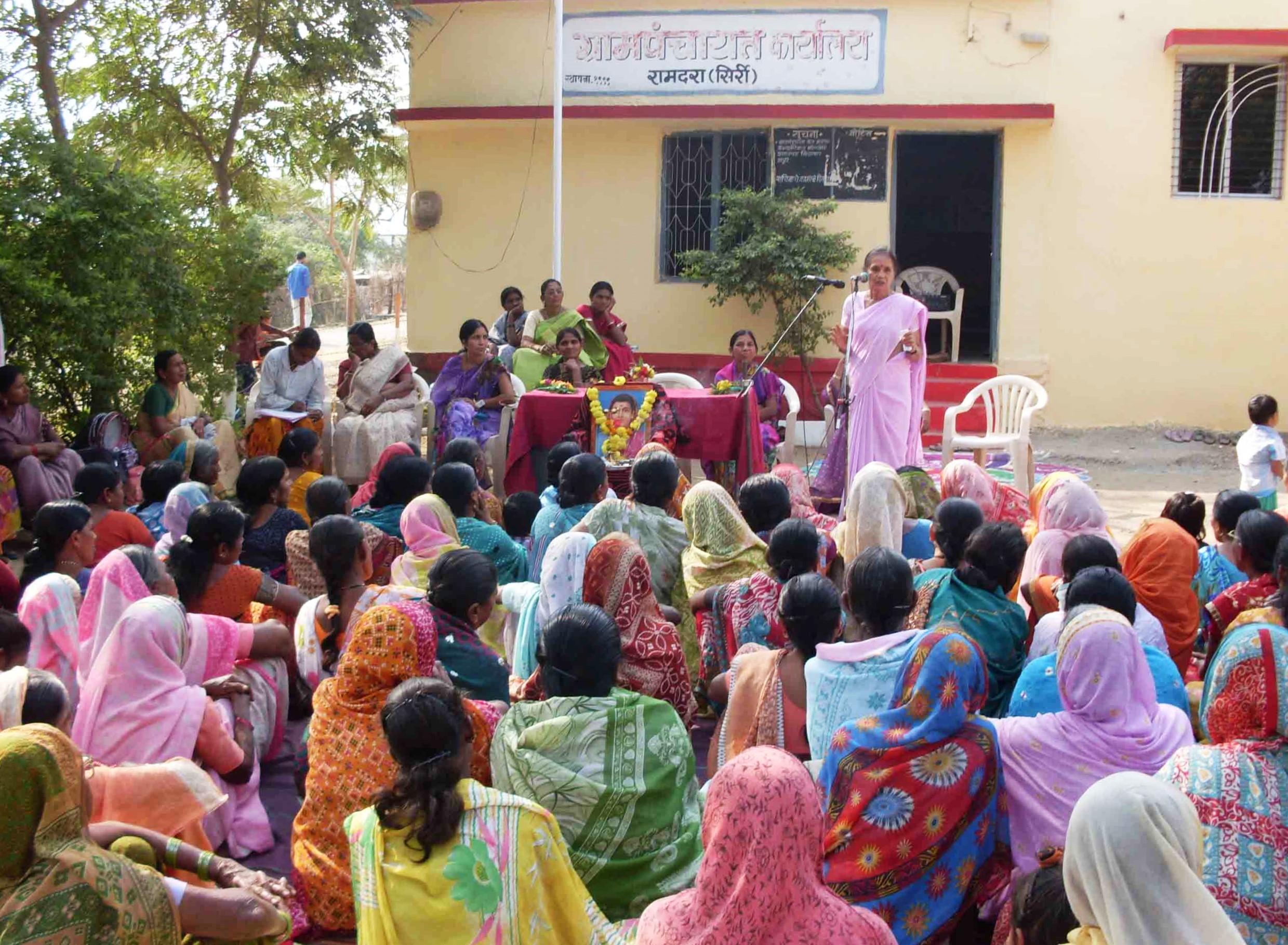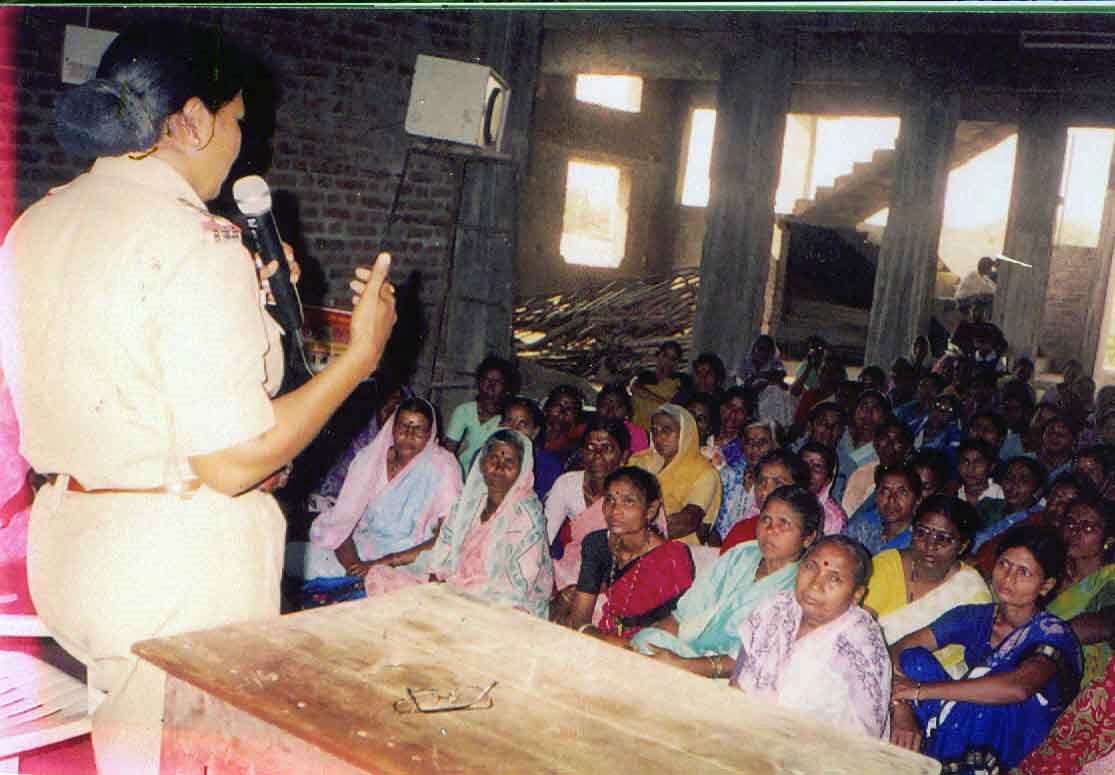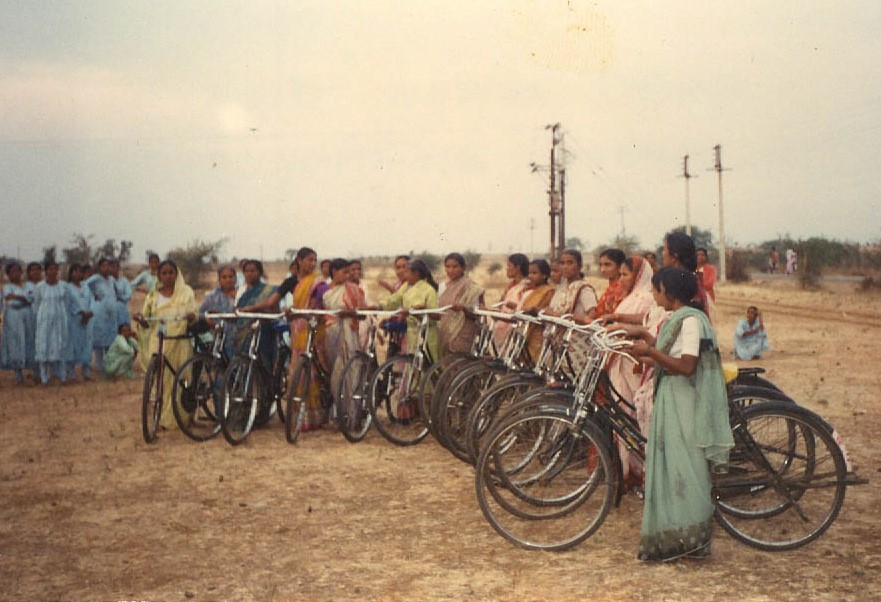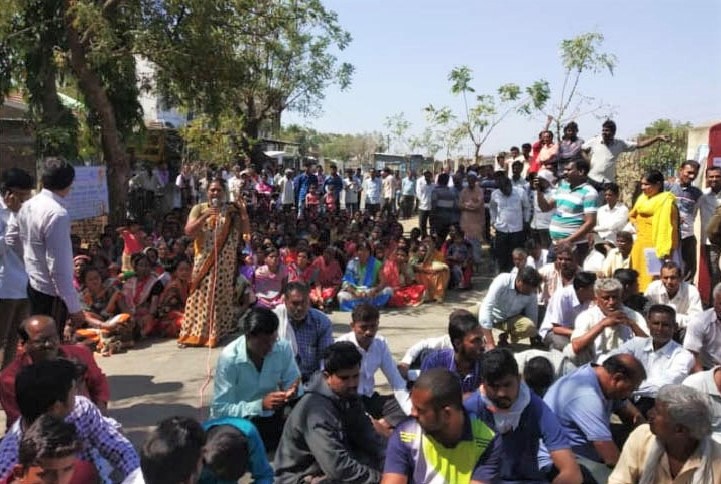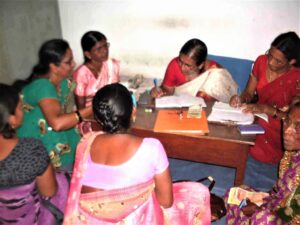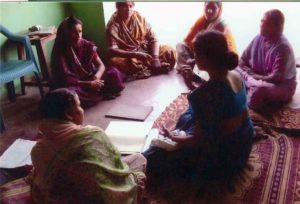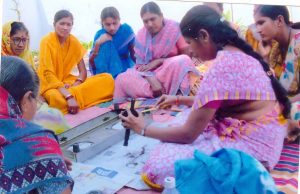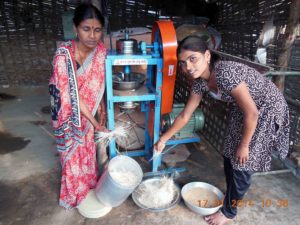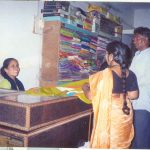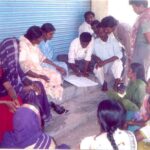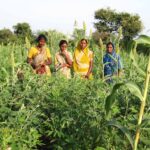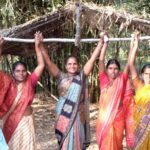Women Empowerment: Why and How?
Gender Balance
Women make up 48.5% of the population in India, which is approximately half of the overall population. In an emerging and growing economy such as India, a large section of women continue to be denied mainstream development. The plight of rural women in India is particularly stark – they are born and raised in a culture of “silence”, powerlessness, and no control over themselves.
This leads to a woman being entirely unaware of her basic rights under the law of the land, having no control of the three basic resources that make for the overall development and progress of a human being:
- Physical resources such as land and water
- Intellectual resources such as access to education
- Financial resources such as access to credit through banks
As a result, women are denied their basic developmental rights, which allow for the formation of their self-worth by having the ability to develop their own beliefs, attitudes, opinions, and perspectives. You can see how this leads to them being subjugated and controlled by those who have access to such resources.
A society that has a large percentage of the population, which is devoid of their self-worth and the awareness of their potential, becomes highly non-productive. It becomes imperative to empower this population. The empowerment process refers to a range of activities from individual self-assertion to collective resistance, protest and mobilization that challenge basic power relations.
For individuals and groups where class, caste, ethnicity and gender determine their access to resources and power, their empowerment begins when they not only recognize the systemic forces that oppress them but act to change existing power relationships. Empowerment, therefore, is a process aimed at changing the nature and direction of systemic forces, which marginalize women and other disadvantaged sections in a given context.
Chetana-Vikas has been focusing on the issues of rural women by implementing a holistic integrated development approach for their empowerment. In order to achieve this all-around empowerment, we focus our activities on four major categories:
Economic
Empowerment
Access to financial knowledge and resources is a key to self-reliance and independence. We educate women on how to “save” their earnings, how to use these “savings” effectively and the basics of account keeping. We also work with them in securing their credit when necessary. More Details
Political Empowerment
Women are deemed as a silent majority in rural communities. It is important to make them aware of their political might, and engage them in social issues so that they can raise their voice using the social and political channels. We educate women to organize themselves and make them vocal citizens at village governance bodies. More Details
Socio-Cultural
Empowerment
A woman’s world is her family. Every decision of hers is influenced by her family needs and rarely does she put her needs at the forefront. This noble quality of many women is fully exploited usually by men of the family and the community. It is important for each woman to understand this situation, shed her vulnerability and stand up for her rights. We train women to gain the knowledge and skills to voice their opinions and even tackle various types of issues as a family member
or a community member. More Details.
Personal Empowerment
As women hold up half the sky, it becomes imperative that they should be brought out of this shell of darkness, silence and powerlessness into the mainstream of development and to the process of gaining control over the self, over ideology and the resources determining power. More Details
Women’s Organization
All the various programs and activities taken up for the economic, social and political empowerment benefit the rural woman and she became a more aware, conscious, knowledgeable and vocal person. This change benefits herself, her family and also the community at large. This rural woman along with other women in the close-knit rural society becomes a force to reckon with when they come together.
“Organized Women” – This vehicle rides on the two wheels of awareness regarding rights and awareness of their own responsibilities. Focus on only one aspect will lead to skewed development. They are very clear now that the objective is not to overtake men or leave them behind but to use every opportunity to be at their men’s side as a knowledgeable and conscious family member, citizen; live with recognition and dignity…


